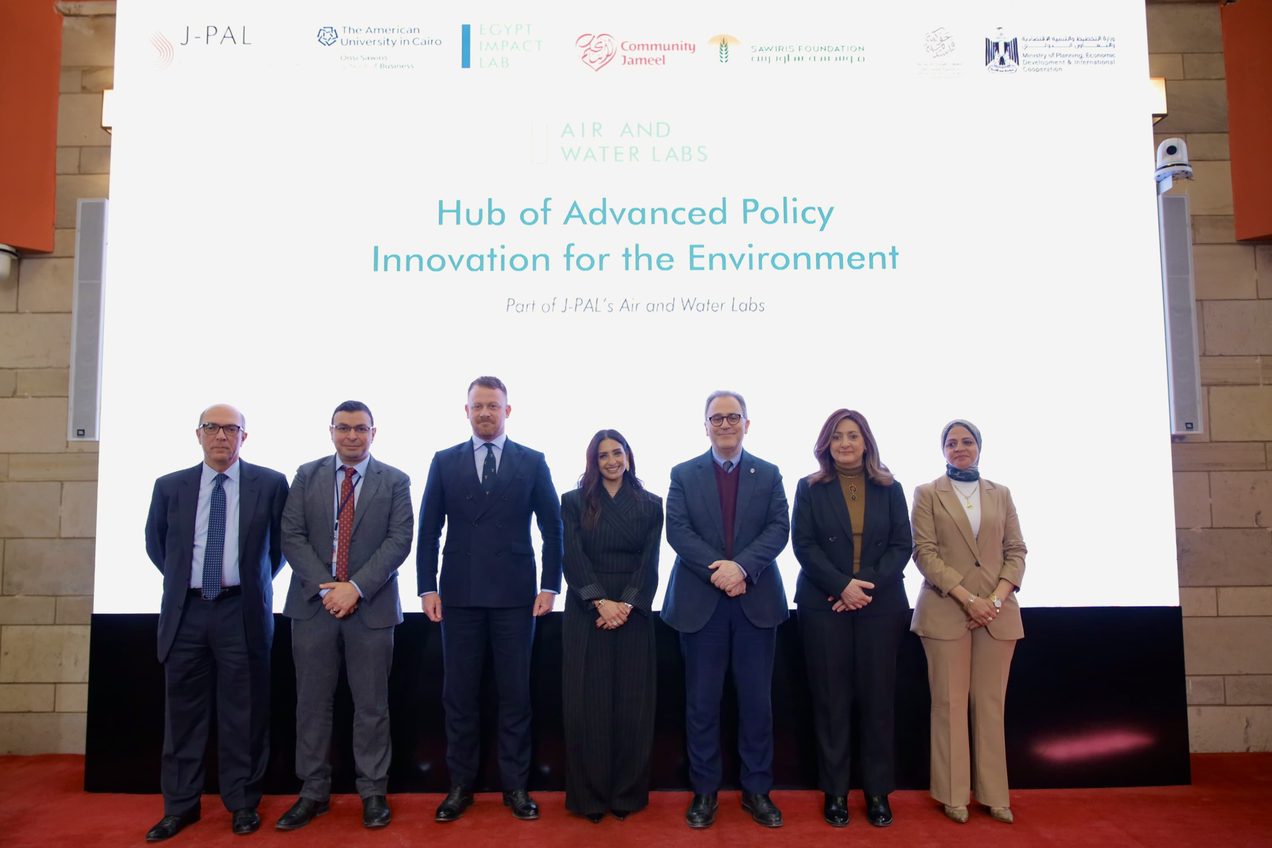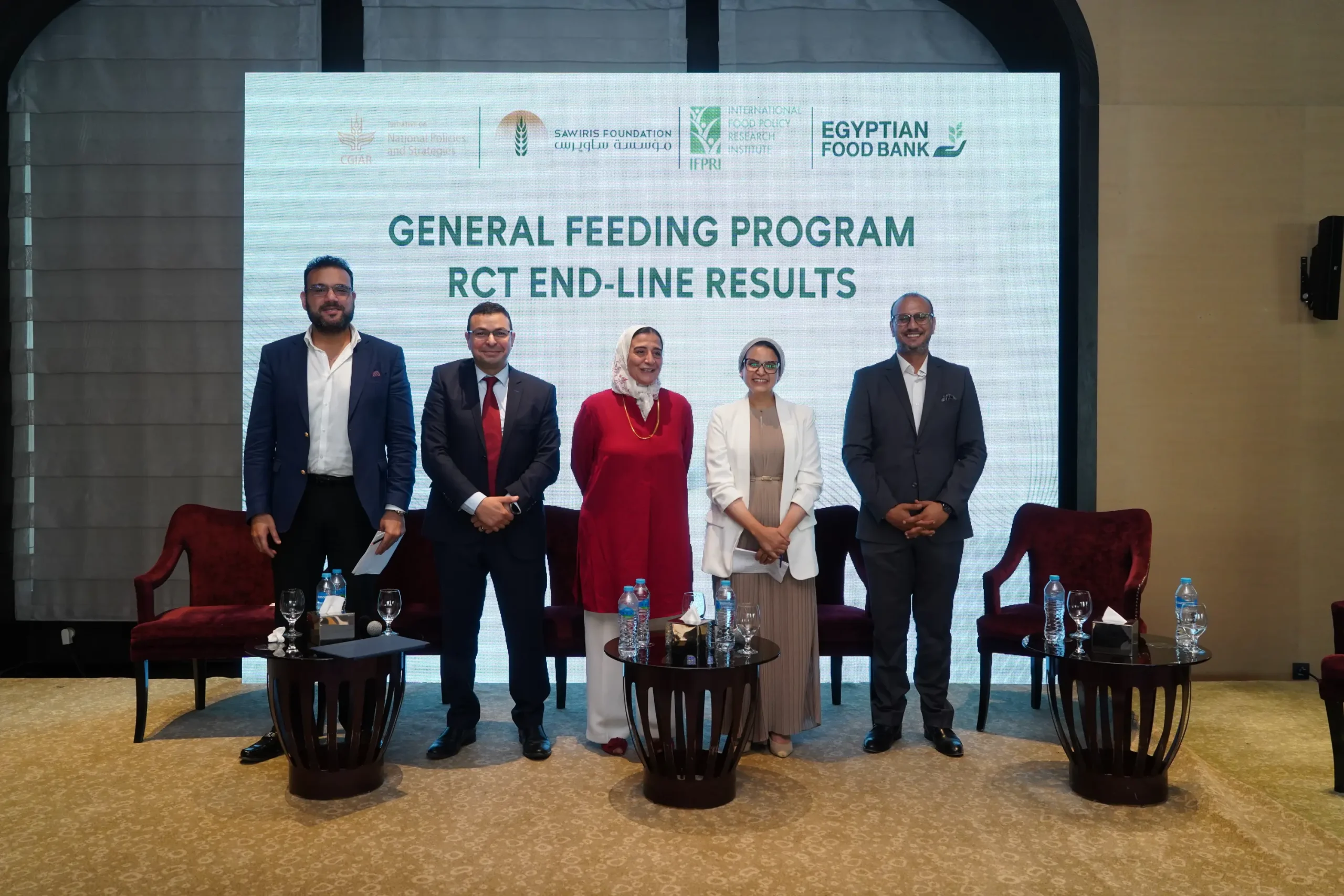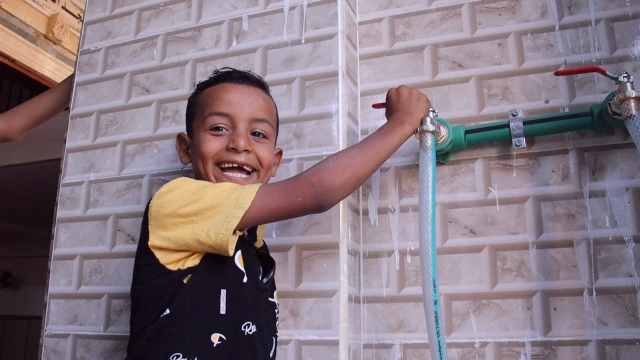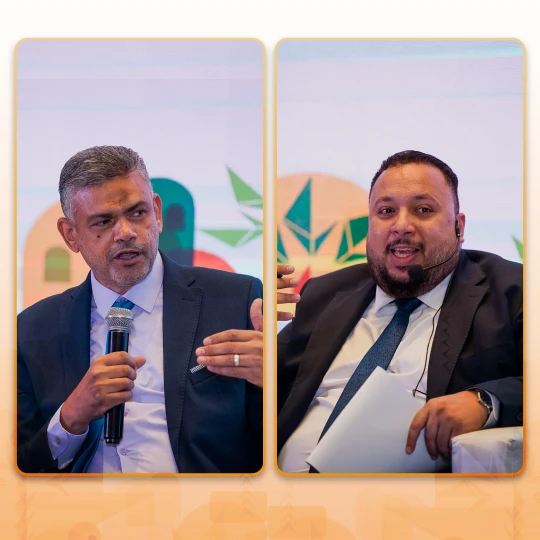When we initially embarked on co-writing this blog, our aim was to delve into the pressing issue of global poverty and explore innovative ways for philanthropy to alleviate suffering worldwide. However, we find it increasingly difficult to turn a blind eye to the current humanitarian catastrophe unfolding before us in Gaza, which we expect will lead to a global calamity if we can’t find an immediate solution.
We mourn the unfathomable losses to the families in Gaza who remain under siege and constant bombardment. We believe it is both unrealistic and fundamentally unjust to discuss global poverty while an entire nation is under siege, facing unspeakable suffering, and threatened with genocide. Our purpose in this blog is not to engage in political debates or to offer ideological justifications. Instead, our mission is grounded in humanity and committed to addressing this crisis with an urgent call to philanthropy and humanitarian actors around the world.
As October 17th commemorates the annual Global Poverty Day, we must acknowledge that in recent years, we have witnessed an alarming rise in poverty rates driven by factors like the COVID-19 pandemic and the Russia-Ukraine conflict. Tragically, we now anticipate another surge in global and regional poverty due to the ongoing war in Gaza.
A recent Bloomberg article warns that the current conflict may not remain localized; it may likely escalate into a broader war across the Middle East region, ultimately plunging the world into a deep economic recession. The estimated cost of such a scenario, should it lead to a conflict between Israel and Iran as a result, is approximately $1 trillion. The question we must confront is clear: Can we afford another economic shock after the devastating impact of COVID-19 and the Russia-Ukraine conflict? The resounding answer is that we cannot bear this cost.
According to the United Nations Development Programme (UNDP), in just three months following the Russia-Ukraine war, a staggering 71 million people in the developing world fell into poverty. Can we reasonably anticipate anything less from the current conflict? Any potential war in the MENA region will not be confined to its borders; it will ripple across the entire world, affecting economies and causing a surge in oil prices, as highlighted in the earlier Bloomberg article.
The situation we face with these most recent events is nothing short of a looming catastrophe. If we, as a global community, do not act swiftly and decisively today, we risk an unpredictable and perilous future.
As philanthropy actors working in Egypt and across the Arab region, and in solidarity with charitable and humanitarian organizations in Egypt, Jordan, Lebanon, and Palestine, among others, we recognize that many have chosen to redirect their resources to provide immediate support to the victims in Gaza. However, as this crisis evolves, these organizations require additional resources to meet the needs of their own communities and those in Gaza who cannot afford to wait.
To that end, we call on philanthropic organizations worldwide to take immediate action by providing vital support to bolster the resources for these charitable organizations working on the ground at this horrific conjuncture. Doing so will help bridge the resource gap and alleviate the mounting pressure on delivering aid to the most vulnerable in Gaza. Time is of the essence. In the span of just two weeks, we have witnessed the tragic loss of over two thousand children to date, with some perishing due to the lack of resources to save them. The Israeli government’s refusal to allow adequate humanitarian aid into Gaza despite the pleas from many in the international community, including the United Nations, means that Gaza is running dangerously low on food, water, and fuel. Hospitals, when they aren’t being bombed, are ill-equipped to attend to the masses of the injured and dying, especially with electricity running dangerously low. When aid has been allowed to enter Gaza, it has been restricted and is nowhere near sufficient to address the needs of the people. And now, with the threat of a ground incursion into Gaza, the potential for further casualties is very real, further complicating an already dire situation.
This war, marked by ethnic cleansing and genocide, will undoubtedly have far-reaching consequences, not only for the region but for the world at large, creating instability on multiple fronts. We must confront a critical question: Are we prepared for the consequences of inaction?
In this moment of historic significance, whatever the motivations are for each of us, the repercussions of this war will be felt in the form of surging gas prices, escalating food costs, and mounting pressure on all aspects of daily life. An already critical climate emergency is at hand and will undoubtedly contribute to a rise in pandemics, resulting in millions of casualties far from the conflict zone. Are we ready to face this?
We also make an earnest plea to all international organizations and global political leaders: The time to act is now. With all the strength and influence at your disposal, do everything in your power to put an end to this devastating war. When we talk about decolonization and shifting the power in the humanitarian sector, we must be willing to confront the reality that there can be no peace without justice. There can be no equality without equity. When we look at the situation in Gaza, we see a maelstrom of factors that demand to be confronted – we see the repercussions of a 75-year-long brutal occupation, a regime that has been accused of imposing an apartheid system of governance and ethnic cleansing of Palestinian families and communities by leading international human rights organizations, and imprisonment of at least 2.5 million Palestinians in the Gaza Strip for the better part of the past two decades. The resulting humanitarian crisis we see today has not manifested in a vacuum; it has occurred in a timeline rife with inequality, injustice, and systematic oppression. While philanthropy may not be able to effect the required political changes that need to occur for justice to prevail, it can play a pivotal role in providing immediate humanitarian support to the population of Gaza, while also mobilizing resources to address the longer-term needs of rebuilding, recovery, and rehabilitation for Gaza and for whatever happens next.
From the Egyptian side, Civil Society mobilized food, water, medical, and other humanitarian assistance at the Rafah border crossing, where thousands of families are awaiting our essential solidarity. Sawiris Foundation coordinated our support through the efforts already on the ground carried out and delivered in collaboration with the Egyptian Red Crescent. Regionally and globally, The Arab Foundations Forum has taken the following actions toward supporting philanthropic efforts in Gaza:
- Call to Action: Donors Unite to Support Gaza: The Arab Foundations Forum, representing a coalition of Arab donors and foundations, is calling on individuals looking to donate and the donor community at large to support the efforts of Palestinian organizations working on the ground in Gaza and to consider making their donation.
- Pooled Relief Fund for Gaza: In addition to a large donor campaign, we are creating a pooled fund at AFF to support the smaller community-based foundations in Gaza that are part of our network but do not have the same capacity as the larger, more established organizations to receive and manage funds and grants.
- Humanitarian Relief and Recovery Task Force: AFF is working on creating a Humanitarian Relief and Recovery Task Force (HRRTF) and will launch it as soon as possible. The aims of the HRRTF are to:
- Support the coordination and collaboration between Arab foundations and non-profits operating in crisis and fragile contexts. The task force will mainly comprise of AFF membership but is also open to participation by non-AFF members with the potential to join AFF membership.
- Serve as an institutionalized mechanism to inform and coordinate Arab foundation and non-profit interventions in crisis and fragile contexts, with the aim of making it more timely, effective, and accountable to local communities.
- Identify recovery needs and support the philanthropic and non-profit sector transition from emergency to recovery stage and inform the Arab philanthropic and nonprofit sector response in a timely and credible manner.
- Advance localization and empowerment of local communities in crisis and fragile contexts by identifying their capacity and funding needs as well as supporting matchmaking efforts.
- Support information exchange towards aligned action and collaboration both on the inter and intra-philanthropy level.
Finally, to our fellow Arab citizens, we call on you to use all resources here and other channels at your disposal to mobilize support and advocate for justice and our humanity. As practitioners of philanthropy, a sector defined by using private wealth toward public good, we need to recognize that wealth need not only be characterized as monetary wealth. Our solidarity is our wealth. The duty to protect and secure the future of our communities is a value embedded in the fabric of our society and, collectively, we must heed the call to mobilize our resources to support our fellow citizens in Gaza and to ensure their future. Otherwise, what is the purpose of our sector?






